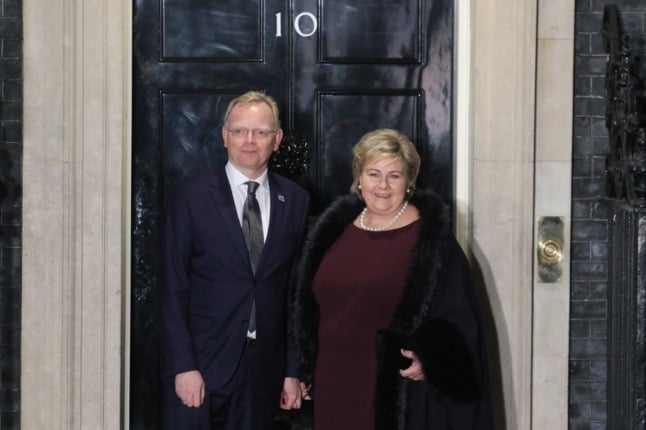France's trade deficit widened in February to a 20-month high of €5.2 billion ($5.6 bn), up €1.3 billion on the previous month, driven by higher auto and aerospace imports, the customs office said on Thursday.
“Exports edged down (off 0.2 percent after a a 0.5 percent January rise) while imports rose,” by 2.8 percent after a 0.6-percent January increase, the office of eurozone's second largest economy said.
The trade deficit helped to expand the current-account deficit to €3.9 billion in February from a revised #2.2 billion in January, the French central bank said, while noting export performance had been “particularly strong” in January.
The latest data show direct foreign investment in France, at €4.4 billion, topped French investment abroad of #1.7 billion in February.
The current account balance is a useful indicator of economic performance in going beyond mere exchange of goods, France having run a trade deficit consistently over the past decade.



 Please whitelist us to continue reading.
Please whitelist us to continue reading.
Member comments